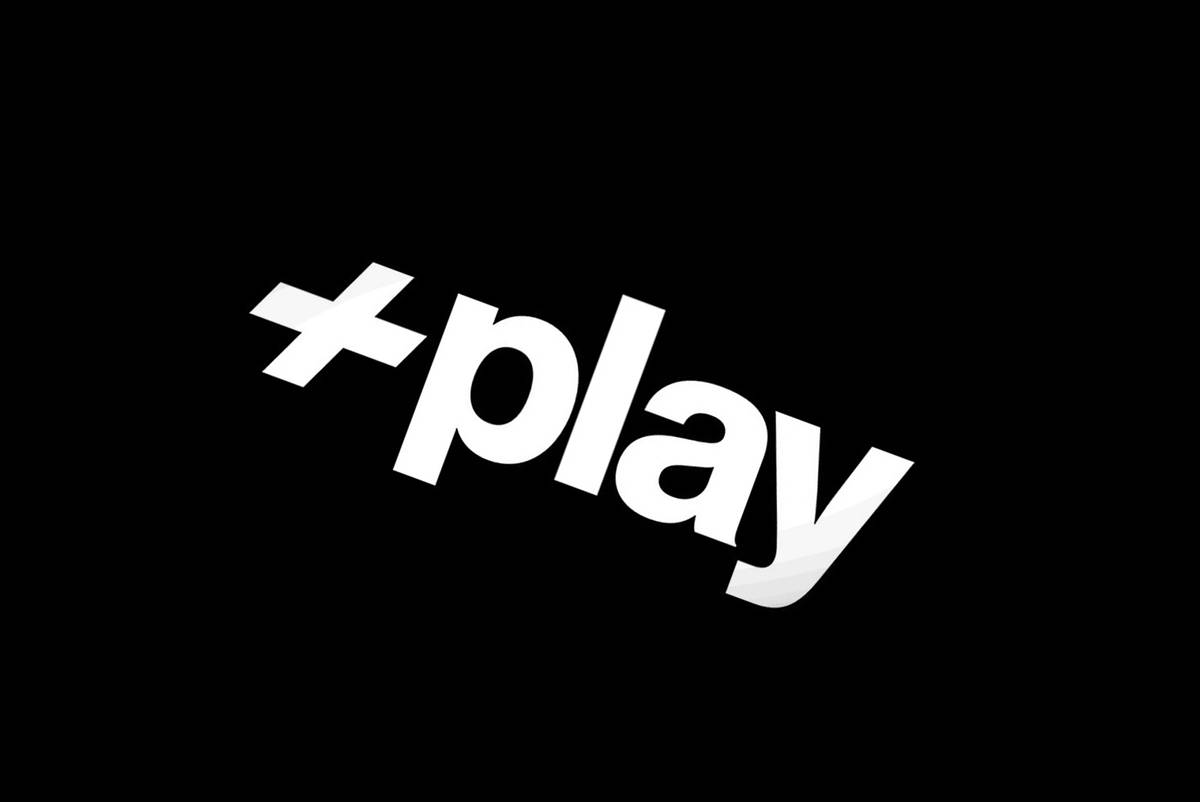Former US President Barack Obama has outlined a range of rising concerns with the modern media landscapeand social media specifically, along with potential solutions that could help address social platform ‘design flaws’ that are facilitating the spread of toxic content and misinformation online.
In a broad-ranging speech on the topic of “Challenges to Democracy in the Digital Information RealmThe former president has highlighted a raft of concerns with the rise of social media platforms, and the impact that they’ve had on discourse more broadly.
As per Obama:
“I’m convinced that right now, one of the biggest impediments to [improving society]indeed one of the biggest reasons for democracy’s weakening, is the profound change that’s taken place in how we communicate and consume information. “
Part of this, Obama says, is the changing incentive structure for modern online platforms. Twenty years ago, Obama notes that the key pillars of web search were ‘comprehensiveness, relevance and speed’. But with the rise of social media, and the need to learn more about people’s behavior, in order to sell more ads, more companies are now opting for ‘personalization, engagement and speed’.
“And it turns out that inflammatory, polarizing content attracts and engages.”
Though it’s not all negative – Obama also notes the many positives that have been provided by increased connectivity, including the capacity to find like-minded people, and link up with relevant services and support at much faster rates.
Obama notes that he might not have been elected if it wasn’t for MySpace, MeetUp and Facebook, which enabled an army of young volunteers to help mobile and spread his key messages, underlining the value that he, and many others, have gleaned from. increased connectivity.
Yet, at the same time, Obama says the new information ecosystem is ‘turbo-charging some of humanity’s worst impulses’.
“Some of the most outrageous content on the web originates from traditional media. What social media platforms have done, though, thanks to their increasing market dominance and their emphasis on speed, is accelerating the decline of newspapers and other traditional news sources. […] As more and more ad revenue flows to the platforms that disseminate the news, rather than that money going to the newsrooms that report it, publishers, reporters, editors, they all feel the pressure to maximize engagement in order to compete. ”
Essentially, Obama’s view is not that social media platforms have led to more societal divisions and angst directly, but that they have helped to amplify such, with users in all parts of the world now exposed to more information, and more reports from around the world. , with the worst examples being inadvertently (or not) amplified by social platform algorithms that have been designed to maximize user engagement, whatever that ‘engagement’ may be.
“In the competition between truth and falsehood, the very design of these platforms seems to be tilting us in the wrong direction. And we’re now seeing the results. “
In order to address this, Obama says online platforms should be required to consider their policy decisions through a set of certain agreed principles, and should be transparent about such in approaches.
Those key principles, according to Obama, should be:
- Whether it Strengthens or weakens the prospects for a healthy, inclusive democracy
- Whether it encourages robust debate, and respect for our differences
- Whether it reinforces the rule of law and self-governance
- Whether it helps us make collective decisions based on the best available information
- Whether it recognizes the rights, freedoms and dignity of all citizens
Those make sense, but even then, enforcing such is complex – what I consider encouraging ‘robust debate’ might be completely different to someone else’s perspective.
But the view is that by adhering to these principles, and being open about such, online platforms can work together to formulate more effective, inclusive approaches to content moderation, which can work to temper negative speech, rather than encourage it.
But Obama also notes that no one platform can establish such a structure, nor should they be asked to.
“I don’t have a lot of confidence that any single individual or organization, private or public, should be in charge of determining who gets to hear what.”
As such, Obama also proposes significant policy reform, including a revision of Section 230, which was effectively written to absolve telecommunications companies of responsibility for communicating information via their services. Social platforms are now governed under the same laws, but the more public nature of social apps changes the dynamic, and Obama suggests that laws should be reviewed to ensure that they cater to the needs to the modern information economy.
A broader, over-arching policy approach, incorporating the above principles, would also absolve any one platform of responsibility for policing speech independently.
Which, Obama says, is the way forward, and a change in approach that we must adopt.
“In the early days of the internet and social media, there was a certain joy at finding new ways to connect and organize and stay informed, there was so much promise. I know, I was there. And right now, just like politics itself, just like our public lives, social media has a grimness to it. We’re so fatalistic about the steady stream of bile and vitriol that’s on there. But it doesn’t have to be that way. In fact, if we’re gonna succeed, it can’t be that way. “
There are some valuable notes in Obama’s observations, and some good pointers as to where things have gone wrong, and how we can work to get the flow of information back on track. Part of the problem, however, is that many of these approaches run counter to the financial incentives of the platforms themselves, which derive the most benefit by keeping users engaged for as long as possible. More divisive content, as Obama notes, drives more engagement – so how do you convince the platforms to take a firmer stand on such?
Regulation may be the only way forward, and through their public statements, the platforms themselves now seem largely in favor of such. The next step is to get regulators to push things forward, and enforce new operating standards to make a significant shift in the right direction.
Whether that’s in line with Obama’s principles, or others formulated through further investigation and debate, it’s important that the conversation begins now, before we move into the next plain of digital existence.













